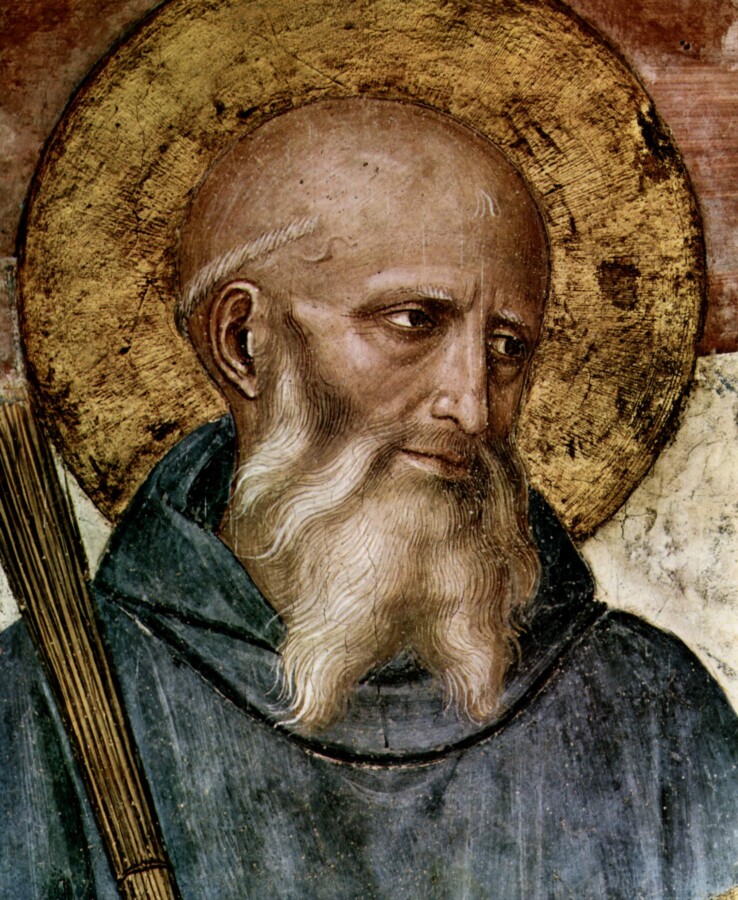

He taught at the University of Leeds, the University of Essex and the University of Oxford in the United Kingdom, before moving to the US in around 1969. He married Ann Peri, with whom he had two daughters, Jean and Toni.


He began his teaching career in 1951 at Manchester. He was educated at Queen Mary College, London, and has a Master of Arts degree from the University of Manchester and from the University of Oxford. MacIntyre was born on 12 January 1929 in Glasgow, to Eneas and Greta (Chalmers) MacIntyre. During his lengthy academic career, he also taught at Brandeis University, Duke University, Vanderbilt University, and Boston University. He is senior research fellow at the Centre for Contemporary Aristotelian Studies in Ethics and Politics (CASEP) at London Metropolitan University, Emeritus Professor of Philosophy at the University of Notre Dame, and permanent senior distinguished research fellow at the Notre Dame Center for Ethics and Culture. MacIntyre's After Virtue (1981) is one of the most important works of Anglophone moral and political philosophy in the 20th century. In the second half of the book, he will make his case for the latter.Alasdair Chalmers MacIntyre ( / ˈ æ l ə s t ər ˈ m æ k ɪ n ˌ t aɪər/ born 12 January 1929) is a Scottish-American philosopher who has contributed to moral and political philosophy as well as history of philosophy and theology. At this point in time, we are faced with a choice: either the Nietzschean will to power baldly endorsed or the reconstitution of Aristotelian teleological virtue ethics for our time.

Our time is theatrical, performative, rhetorical, mask-like. In brief, the loss of a shared conception of the good entails the preeminence of power.


 0 kommentar(er)
0 kommentar(er)
